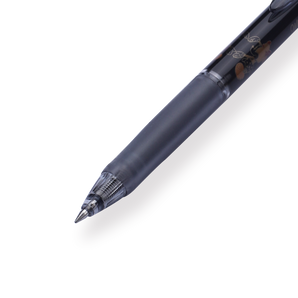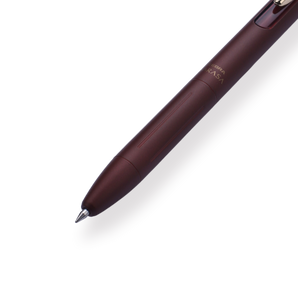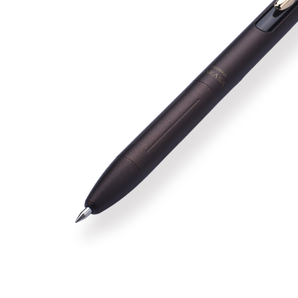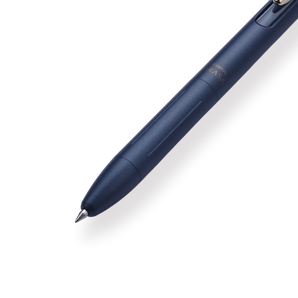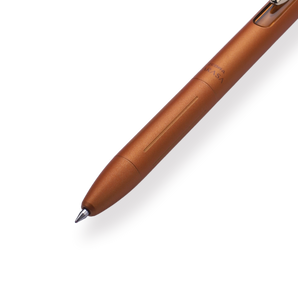Bruised ribs, often caused by falls or impacts, can be painful and take up to six weeks to heal. While they usually recover on their own, proper care can ease discomfort, prevent complications, and speed up recovery.
Immediate Relief for Bruised Ribs
-
Ice the Area
Apply an ice pack wrapped in a towel for 20 minutes, 2-3 times daily during the first 48 hours. This reduces swelling and numbs pain.
-
Use Over-the-Counter Pain Relievers
Take ibuprofen or naproxen after 48 hours to manage pain and inflammation. Acetaminophen is an alternative unless you have liver issues. Always follow dosage instructions. -
Avoid Chest Compression
Don’t wrap your ribs tightly; it restricts lung expansion and increases pneumonia risk.
-
Breathe Deeply
Practice full, deep breaths regularly to keep lungs clear and functioning well. -
Cough Gently
Cough every two hours to clear mucus, holding a pillow against your chest to reduce pain.
-
Sleep Semi-Upright
Use pillows to prop yourself up and support your torso, minimizing rib pressure and aiding breathing.
Long-Term Recovery Tips
-
Switch to Warm Compresses
After two days, apply warm compresses or take warm baths to soothe muscles and improve circulation.
-
Sleep on the Unaffected Side
Avoid lying on your injured ribs to reduce pressure and improve comfort. -
Stay Active, But Take It Easy
Walk and do gentle movements to promote healing, but avoid activities that increase rib pain. -
Seek Medical Help for Severe Pain or Infection Signs
Contact your doctor if pain worsens, breathing is difficult, or you notice fever, colored mucus, or coughing blood.
What to Avoid
-
Don’t Stay in Bed All Day
Complete inactivity can slow healing. Gentle movement is essential.
-
Avoid Smoking
Smoking stresses your lungs and raises infection risk.
-
Skip Strenuous Activities
Heavy breathing and intense exercise strain bruised ribs and delay recovery.
-
Avoid Heavy Lifting
Lifting puts pressure on ribs and surrounding muscles, worsening pain and injury.
Proper care balancing rest, gentle activity, and pain management—helps your bruised ribs heal safely while keeping your lungs healthy. If symptoms persist beyond a few weeks or worsen, consult a healthcare professional to rule out fractures or complications.








